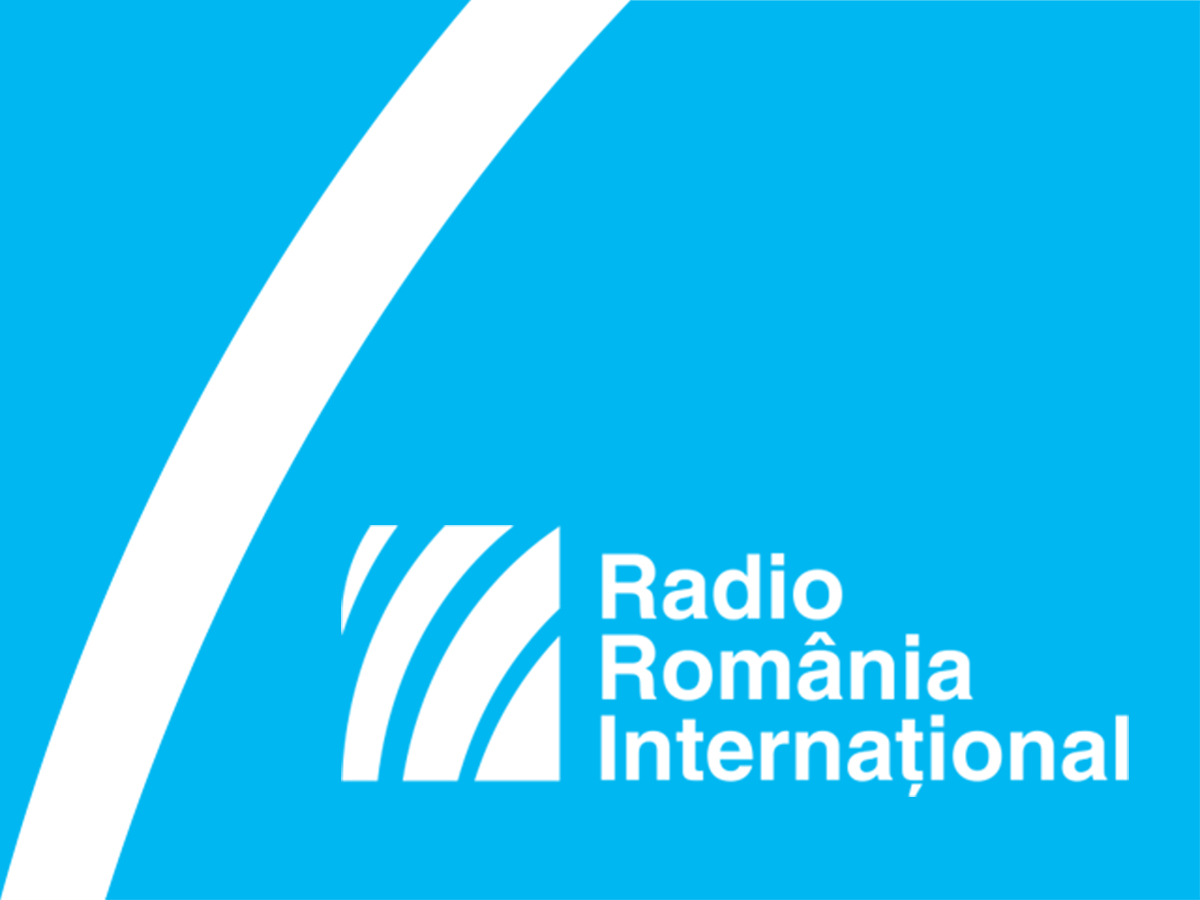The Greek-Catholic Church in Romania during the communist regime
The Greek-Catholic Church or the Romanian Church United with Rome was established around 1700 in Transylvania, Banat, Crisana and Maramures, territories in the Hapsburg Empire inhabited by ethnic Romanians.

Steliu Lambru, 26.02.2018, 13:24
The Greek-Catholic Church or the Romanian Church
United with Rome was established around 1700 in Transylvania, Banat, Crisana
and Maramures, territories in the Hapsburg Empire inhabited by ethnic
Romanians. The church’s foundation marked the beginning of the process of
national emancipation of the ethnic Romanian population. Great Romanian public
figures belonged to the Greek-Catholic community, including the bishop Iuliu Hossu,
who read out the resolution on the union of Transylvania with Romania in Alba
Iulia, and the politician Iuliu Maniu.
Blaj, a small town in central Romania, was the heart
of Romanian Greek-Catholicism, being home to the Greek-Catholic bishopric and a
theological academy. The Greek-Catholic priest Nicolae Lupea described the
special atmosphere in the Little Rome of the Romanians, as Blaj was called,
in an interview given in 2001 to Radio Romania’s Oral History Centre:
There was a genuine theological atmosphere and
students were preparing to serve their future mission as priests of the Church.
The academy taught theology for four years and then graduates could sit the
exam to earn their theology diploma, but this was not obligatory. The atmosphere
here was truly priestly, spiritual. Students were taught various theological
subjects which they would need in fulfilling their priestly duty. They were
also expected to lead a spiritual life, in a state of grace and union with
God.
The Romanian Church United with Rome had good
relations with all the other churches and denominations in the Romanian secular
space. The first persecutions began, however, in the summer of 1940 in Northern
Transylvania, a territory that had come under Hungarian rule. Greek-Catholic
priests and believers were deported and some killed.
The second and much bigger wave of persecutions began
in 1948. The communist state banned the Church and the priests were forced to
accept the union with the Orthodox Church. Those who refused were sent to
prison, as was also the case with Nicolae Lupea:
They came after me and the then rector, Gheorghe
Danila, and took us to Aiud prison. He was in there for 7 months and I for 9
months and then they released us without a trial. There was a rumour they took
us because Petru Groza and some of his ministers had come to Blaj in 1946, and
there was a clash between workers and students from the Academy. I mean, they
wanted to attack the Theological Academy, to get inside and start a fight with
our students, so the students barricaded themselves inside. In the meantime,
the police intervened. Petru Groza came on May 15th, and
demonstrations were held, with some cheering for the king and others for the
communist party.
As regards the moment prior to the banning of the
church, Nicolae Lupea had very clear memories of the visit that the communist
Prime Minister Petru Groza paid to Blaj in 1946 to attend the Divine Service:
It was raining heavily and Petru Groza came out of
the Cathedral sooner than expected. And when our bishop came out, Petru Groza
knocked on the window and asked him to get inside his car. And, not long after,
out of the blue, the Orthodox metropolitan bishop appeared, Nicolae Balan, and
Petru Groza asked him to get in the car too. And when he was about to do that
the Orthodox bishop slipped and our bishop reached out to help him stand up.
And then the former said: Look, Mr. Prime Minister, I caught his hand and I
won’t let go of it. Let the brothers break out with Rome and join us! But our
bishop said: Your eminence, I reached out to help you stand. And then they
all headed for Campia Liberatatii [Field of Freedom] and there Balan made an
appeal to the Greek-Catholics, urging them to break ties with Rome and return
to the traditional mother church, which meant back to Orthodoxy. After that,
bishop Suciu wanted to speak, to protest, but they wouldn’t let him.
There followed cruel campaigns against the
Greek-Catholic priests and believers. Nicolae Lupea believes that the Orthodox
Church itself contributed to the big injustice to which the communist regime
subjected the Greek-Catholic church:
Then they started arresting priests and taking them
to the Securitate, where they were interrogated and asked to join the Orthodox
Church. Some of them gave in, others didn’t, despite being threatened and told
their children would be thrown out of school, not only from normal school, but
from universities as well. I would like to insist a bit here on the fact that
they say that the government banned our church. It did, but in collaboration
with the heads of the Orthodox Church. Balan’s visit to Blaj, exactly when
Petru Groza came, was no coincidence. The Orthodox Church is no stranger to our
church being banned. Because that bishop, Balan, when he became metropolitan
bishop of Sibiu, gave a speech and said he would not rest until he saw the
Greek-Catholic Church banned. Which means dismantled, or as he said, returned
to the mother church.
One of the biggest acts of injustice in Romanian
history was undone on December 1989, when the Greek-Catholic Church came back
to life.






























